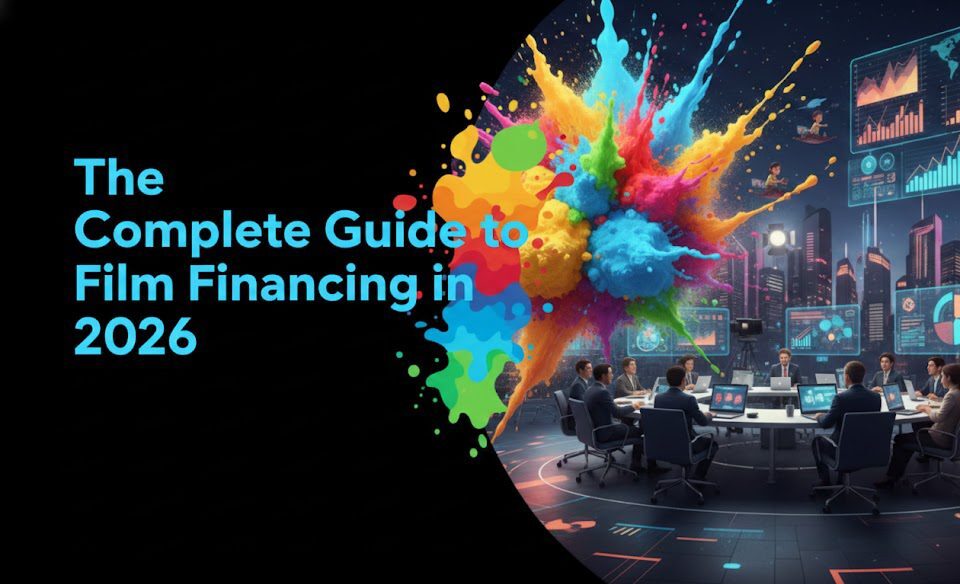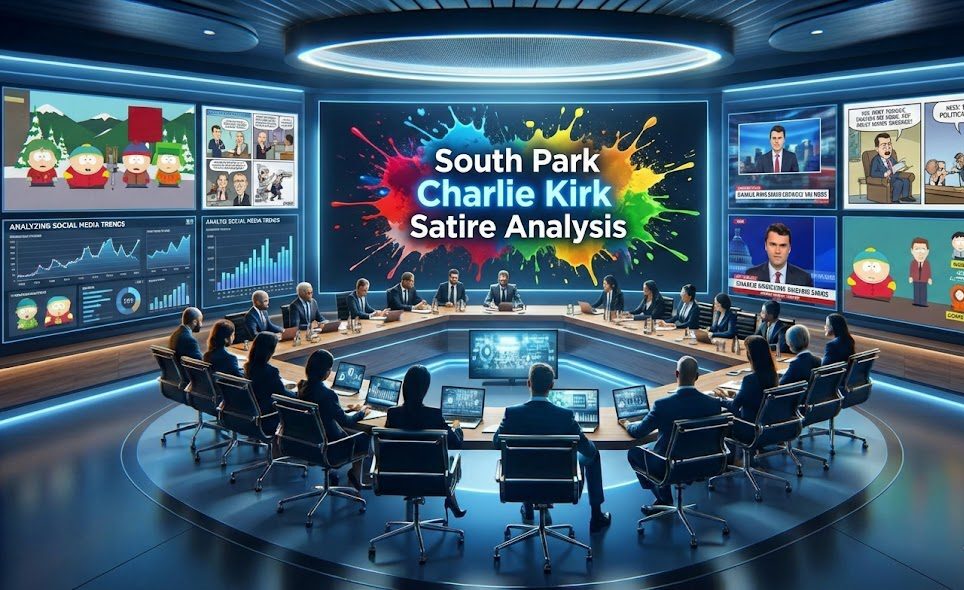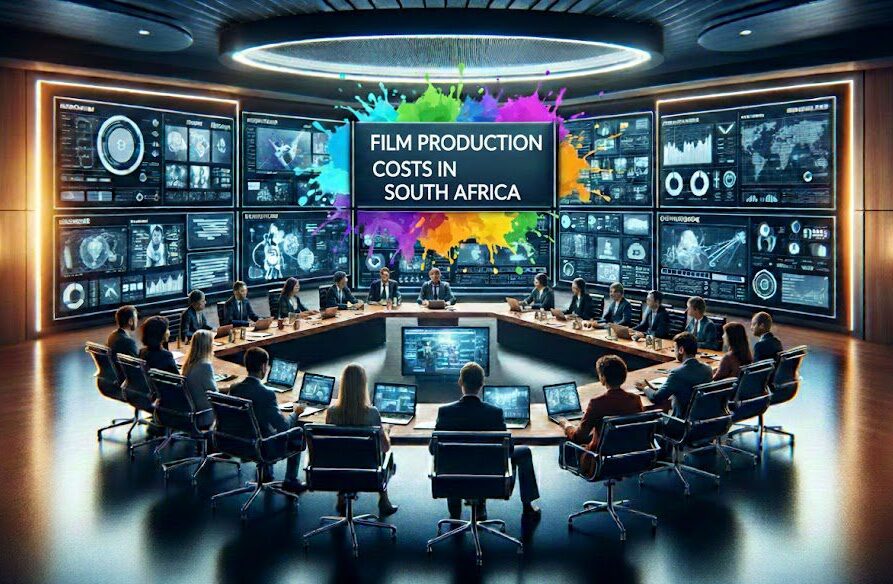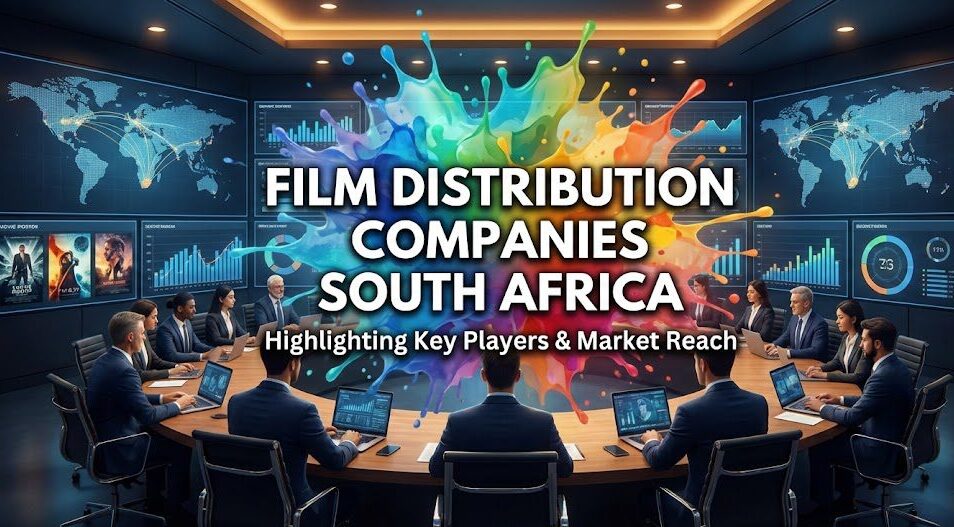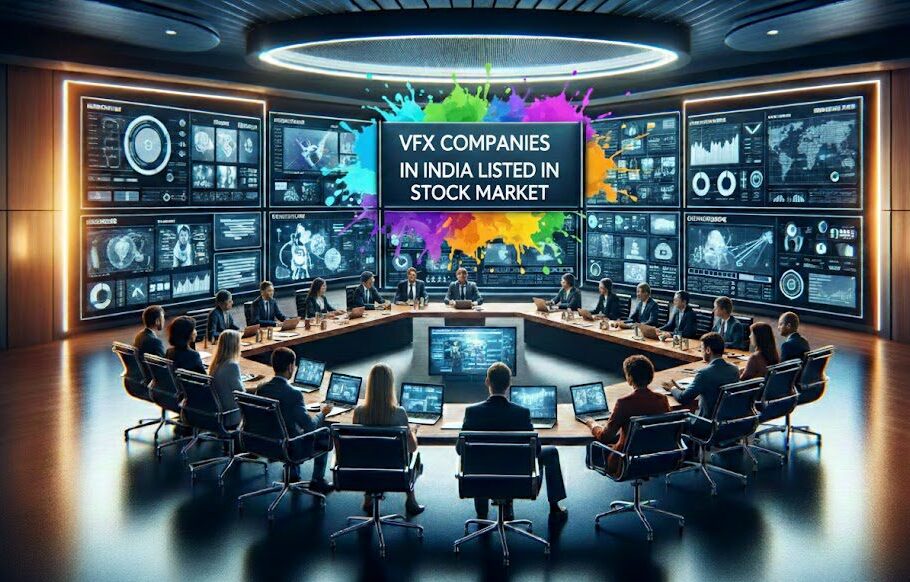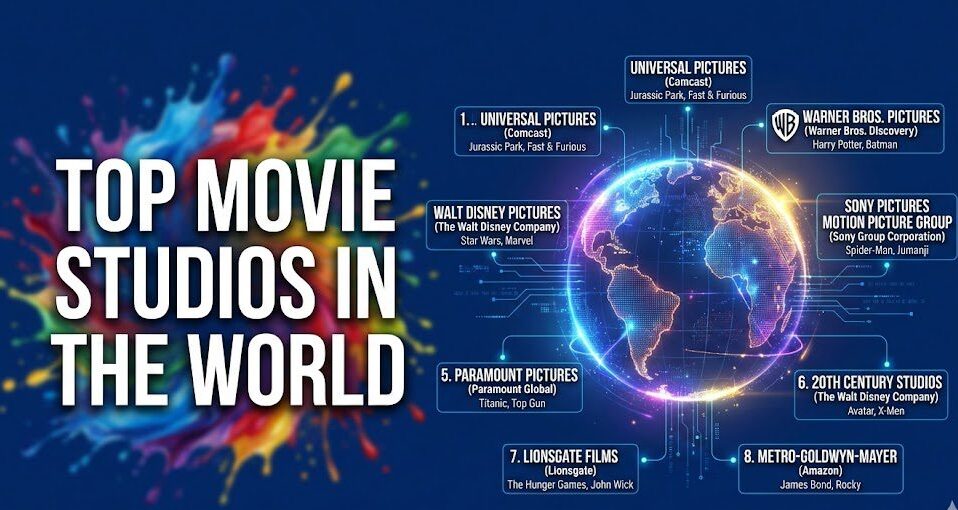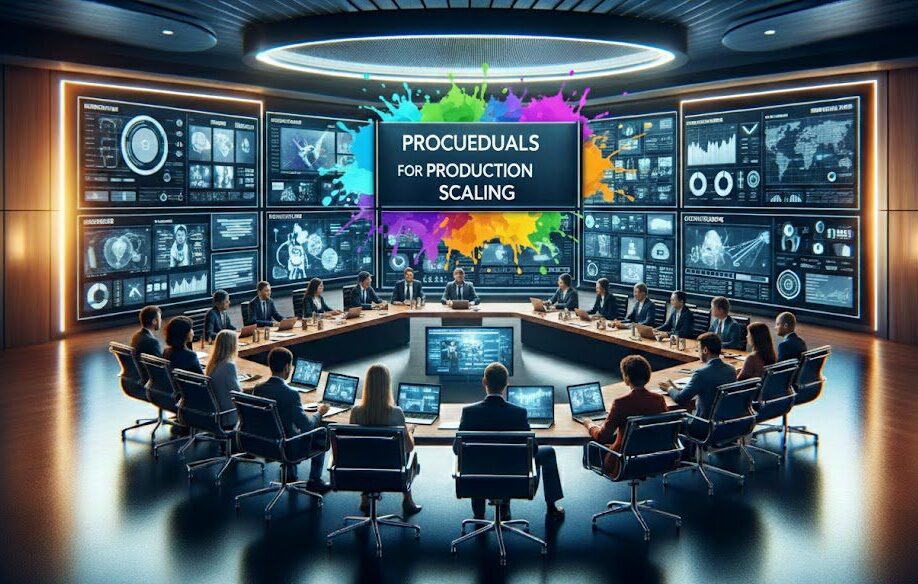Introduction
The journey of a film or TV show doesn’t end when the cameras stop rolling. Post-production is where raw footage transforms into a polished, market-ready product through editing, visual effects, sound design, and color grading. A post-production deal is a critical agreement that outlines how these services will be provided, who is responsible for them, and how costs and rights are managed.
For producers, studios, and content financiers, understanding post-production deals ensures smoother workflows, cost control, and access to the right creative and technical expertise. These agreements define the relationship between post houses, VFX studios, sound designers, and production companies, ensuring the final product meets creative and technical expectations.
Get Exclusive Insights on Post-Production Deals

What is a Post-Production Deal?
A post-production deal is a contractual agreement between a production company and a post-production service provider. This agreement outlines the terms and conditions for services such as editing, visual effects (VFX), sound design, color grading, and final delivery of the film or television content.
In the entertainment industry, post-production plays a crucial role in shaping the final product, ensuring high-quality visuals, sound, and special effects. Without a well-structured deal, projects may face delays, budget overruns, or creative disputes.
Key Elements of a Post-Production Deal
A well-defined post-production deal includes several essential components:
1. Scope of Work
- Specifies the exact post-production services required, such as editing, VFX, sound mixing, and color grading.
- Details deliverables, including file formats, versions, and deadlines.
2. Budget & Payment Terms
- Agreed cost for services, broken down by phases or milestones.
- Payment schedule (e.g., upfront deposit, milestone-based payments, or final payment upon delivery).
3. Timeline & Deadlines
- Expected start and end dates for post-production.
- Key delivery deadlines for different versions or formats.
4. Creative Control & Approval Process
- Specifies who has final creative approval (producers, directors, or distributors).
- Revision policies, including how many revisions are allowed before extra charges apply.
5. Intellectual Property & Rights
- Ownership details regarding raw footage, edited versions, and final output.
- Licensing terms for music, stock footage, and third-party assets used.
6. Confidentiality & Non-Disclosure
- Protection of sensitive project information to prevent leaks or unauthorized sharing.
7. Dispute Resolution
- Defines the process for resolving disagreements, including mediation or arbitration clauses.
Types of Post-Production Deals
1. Fixed-Price Contracts
- A set budget for the entire post-production process.
- Suitable for projects with well-defined requirements and minimal revisions.
2. Hourly or Per-Service Contracts
- Charges are based on the number of hours spent or services rendered.
- Used when the scope of work is flexible or evolving.
3. Retainer Agreements
- A production company retains a post-production house for multiple projects over time.
- Offers cost savings and ensures long-term collaboration.
4. Revenue-Sharing Agreements
- The post-production company gets a percentage of revenue instead of upfront payment.
- Common in indie films or projects with limited budgets.
Stay Ahead with Industry Intelligence

Why Post-Production Deals Matter
1. Ensuring Quality & Consistency
A well-structured deal ensures high production standards and creative consistency throughout a project.
2. Budget & Time Management
Clear agreements prevent unexpected costs and ensure timely delivery.
3. Legal & Intellectual Property Protection
Post-production deals define rights ownership, avoiding disputes over content usage and licensing.
4. Industry Compliance
Contracts ensure that projects meet industry regulations, broadcast standards, and distribution requirements.
Common Challenges in Post-Production Deals
1. Budget Overruns
Changes in project scope or additional revisions can increase costs unexpectedly.
2. Delays in Deliverables
Technical issues, miscommunication, or creative disagreements can slow down post-production.
3. Rights & Licensing Issues
Unclear agreements on content ownership can lead to legal disputes later.
4. Quality Control Disputes
Misalignment between producers and post-production teams on the final look and feel of a project.
How Vitrina Helps in Post-Production Deals
Vitrina simplifies the process of finding, evaluating, and connecting with the right post-production service providers globally. With access to over 15,000+ verified post-production companies, members can:
- Find the Right Partners: Search for post-production houses based on expertise, past projects, and regional capabilities.
- Analyze Company Profiles: Get insights on service offerings, client history, and specialization.
- Access Decision-Makers: Connect directly with key executives in post-production companies.
- Track Competitor Deals: Stay informed about ongoing post-production projects across different markets.
- Streamline Outreach: Use verified contact details to engage with the right partners effectively.
By leveraging Vitrina, members save time, resources, and effort in securing the best post-production deals.
Conclusion
A well-structured post-production deal is critical for ensuring a smooth, high-quality final product in Film & TV. From defining services and budgets to ensuring legal protection, these agreements set the foundation for successful content delivery. By utilizing Vitrina’s global network, industry professionals can streamline their search for the best post-production partners, stay updated on competitor activities, and secure deals that match their creative and financial goals.
Frequently Asked Questions
A post-production deal covers services like editing, VFX, sound design, and color grading, along with budget, timelines, and legal agreements.
Platforms like Vitrina provide a comprehensive database of post-production service providers, helping you find partners based on expertise, location, and past projects.
Budget overruns, project delays, rights disputes, and quality control issues are some of the common challenges.





























